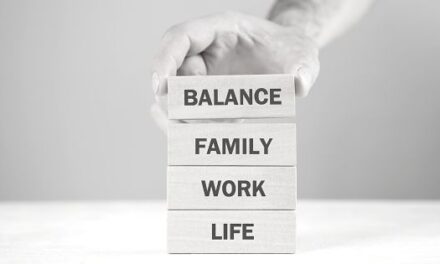As we near the busy end of the year, many in the business world are trying to schedule in the last of their downtime before the Christmas/New Year period hits. But while it’s easy enough to think about it, finding time to escape for the weekend or even just take a few days out at home is a luxury many dream of, but never fulfil.

Scheduling downtime into your monthly or quarterly routine is however important. Taking some time off, even if it is a single day, allows you to rejuvenate and recharge, coming back to the office with a fresh mind and perspective. These days help you stay more productive and creative, while many use schedule downtime as time for self-improvement – learning new skills, reading books, taking online courses etc. Of course, one of the best uses of your time is to simply get away from the stresses of life.
Restores Energy and Reduces Fatigue
Low energy and high fatigue levels are more common in the workplace than many think – we just don’t tend to talk about burnout a lot. When you don’t take time off, your body and mind is constantly in work mode – you feel as though you always need to be productive, always need to be doing something and you struggle to even sit through a movie, let alone anything that takes you away from work for more than a few hours.
While always working seems like a great way to be productive – it isn’t. Scheduling in downtime allows your body time to rest and recover, which is the key to restoring your energy levels and reducing your fatigue levels.
Increases Productivity
Unfortunately many people think that having regular time away from the office to recharge means that they aren’t being productive. The opposite is true.
Alex Soojung-Kim Pang, author of Rest: Why You Get More Done When You Work Less, wrote “How we spend our non-working hours determines very largely how capably or incapably we spend our working hours.”
You’ve probably noticed when you’ve been stuck on making a decision on an issue or finding the solution to the problem that shortly after stepping away the solution appears in front of you. By taking time out, you are allowing your brain the time to process tasks and decisions that your mind was blocking before. You might be walking in the middle of the forest when you suddenly decide the best way to deal with that difficult client, or laying back at the Japanese spa when you realise what you need to do to grow your business.
Scheduling downtime allows you to refresh your mind, and hit those tasks with full productivity when you are back in work mode.
Reduces Errors in Performance
When you’re tired, you make mistakes. You often can’t see issues clearly, and if you have been busy, you likely haven’t had the time to dedicate to taking full control of new projects or really consider the pros and cons of that latest proposal. It is far too easy to keep pushing through work daily, but eventually, you will make a mistake – and that mistake could see you lose a client, lose business or lose good staff members.
Allows for Time with Loved Ones
In the fast pace of today’s society, many of us don’t spend enough time with our loved ones. I know as a business owner I am often spending days and weeks away from my family to ensure the smooth running of my business, and while this gives me the opportunity to catch up on some much needed work time, it also means I miss out on spending time with my family.
Scheduling in a bigger yearly holiday, and quarterly small getaways allows us time to reflect and reconnect with each other, making that time spent away much easier to deal with.
How much time you need to schedule really comes down to your own particular needs, and of course, the needs of your business or workplace. Take into consideration how long it takes you to really wind down, when the last time you took a break was, and whether you are considering traveling or having a staycation. It is far too tempting to schedule less time than you need, so don’t get caught in the trap of thinking you can’t take a few days off – save an emergency, there’s a good chance your business or workplace is still going to be there, and there is someone else who can take control when needed.
If it’s been a while since you’ve stepped away from your desk and left work behind for a few days, get your diary out and schedule some downtime before the new year – your brain and body will thank you for it.





















